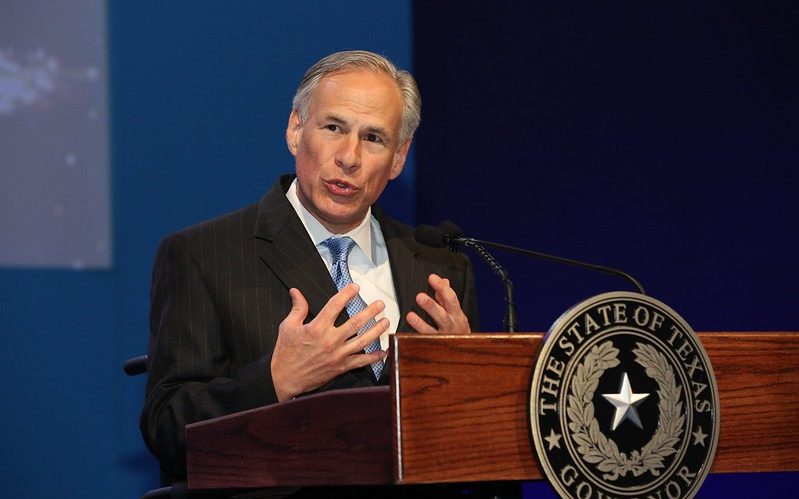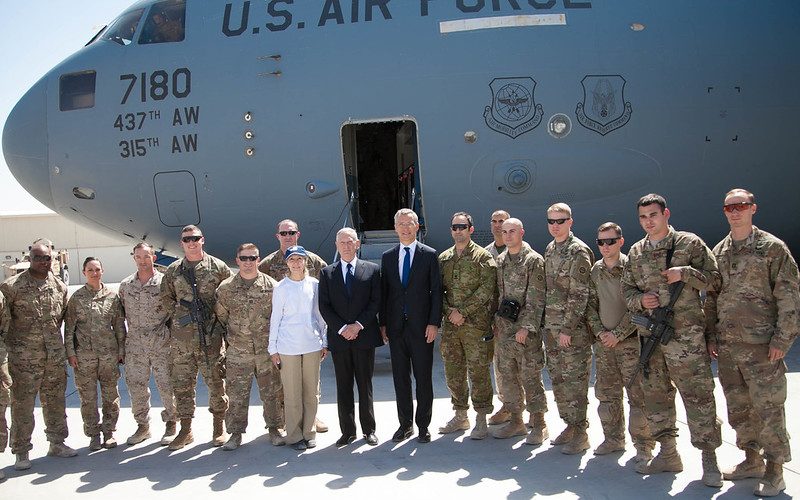
Terrorists on the Border? The State of Texas’ Classification of Drug Cartels as Foreign Terrorist Organizations and the Efficacy of Such a Policy
The United States Southern border is among the most contentious issues for the U.S. government and society. It affects roughly 30 million American and Mexican citizens living on the border and increased sensitivity to the matter has only grown in the 21st century. In Texas, Governor Greg Abbott signed nearly 800 new pieces of legislation into law. One of them, known as Senate Bill 1900, is the most recently controversial and impactful in terms of border security, homeland security, and immigration policy in Texas.

The Real Culprit: Globalization as A Cause of Terrorism
In the 21st century, terrorism has been one of the most prominent national and international security and defense problems. While terrorism is a centuries-old issue, it has gained prominence since the massive improvement of technology from the mid-20th century onward and has become a force used by state and non-state actors and poses significant problems for democratic and authoritative regimes alike. In many ways, terrorism and its ability to be conducted anywhere, at any time, has been aided seriously by globalization.

What does the US withdrawal from Afghanistan mean for NATO?
By pulling out of Afghanistan, Joe Biden has put an end to 20 years of U.S. troop involvement in Afghanistan and thus to Washington’s “forever war” in the mountainous, landlocked country. This strategic decision leaves the democratically elected government in Kabul struggling to hold on to power. The withdrawal of US and NATO troops is therefore likely to fuel an assortment of security and geostrategic consequences contrary to Euro-Atlantic interests.

